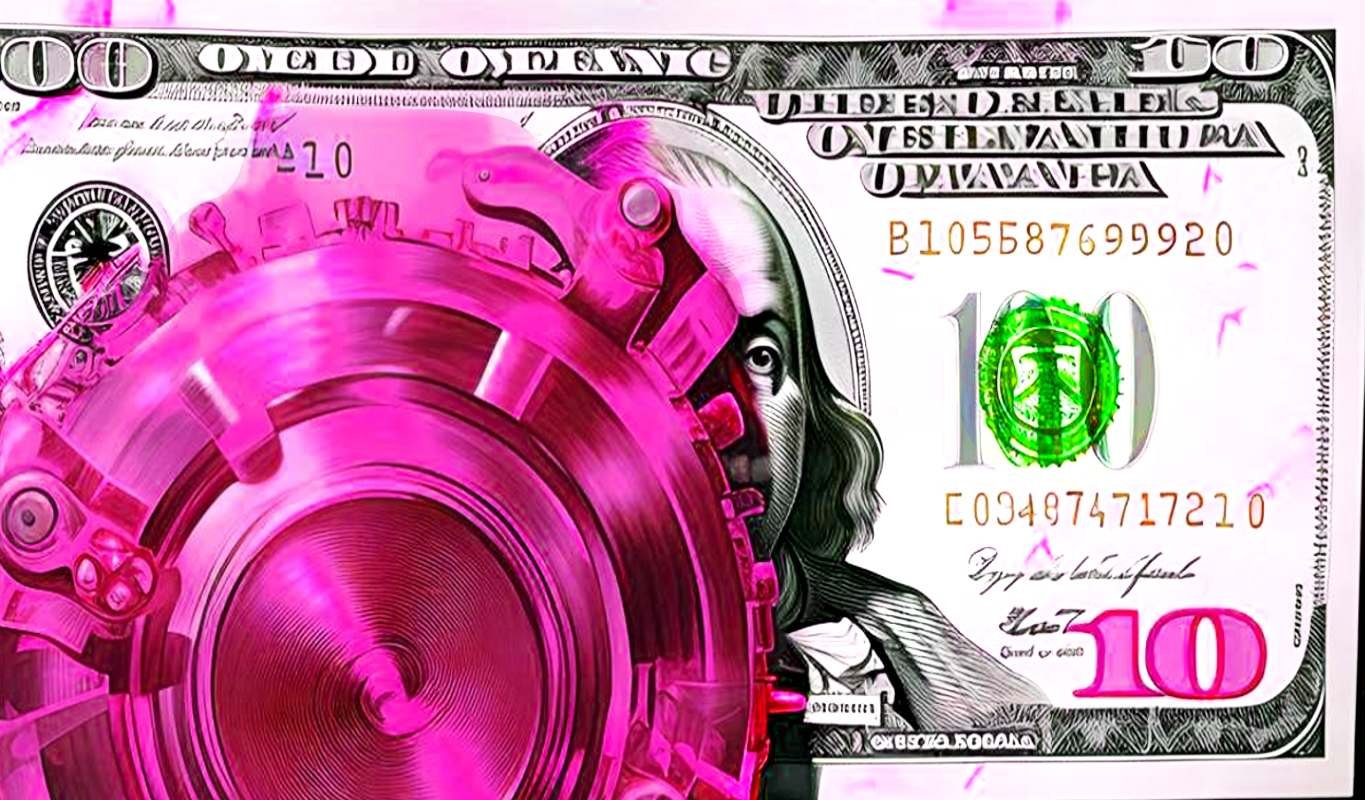An agency charged with identifying and regulating global systemically important banks (G-SIBs) says JPMorgan Chase stands alone as the world’s most ‘too big to fail’ financial institution.
The new list of critically important banks from the Financial Stability Board (FSB). places JPMorgan Chase is the only bank in “bucket 4” – a distinction that forces the lender to hold an additional 2.5% of common stock as a percentage of its risk-weighted assets.
The FSB categorizes G-SIB banks into categories based on their systemic importance, with each category corresponding to a specific additional capital requirement.
With JPMorgan maintaining its position above all others, the FSB says Bank of America’s global systemic importance has steadily diminished.
The bank has dropped from bucket 3 to bucket 2, which means that the bank now has a lower additional capital requirement, from 2.0% to 1.5% of its risk-weighted assets.
The G20 tasked the FSB with overseeing global systemically important banks in the aftermath of the 2008 financial crisis, after world leaders said some banks have become so large and entrenched that they can no longer fail.
Amid the crisis, the US introduced the Troubled Asset Relief Program (TARP) to stabilize the financial system by injecting capital into banks.
In 2014, the Treasury Department reported that banks had repaid $441.7 billion from TARP investments, exceeding the $426.4 billion paid out, resulting in a profit of $15.3 billion.
Don’t miss a beat – Subscribe to receive email alerts straight to your inbox
Check price action
Follow us further X, Facebook And Telegram
Surf to the Daily Hodl mix
Generated image: Midjourney
Credit : dailyhodl.com













Leave a Reply